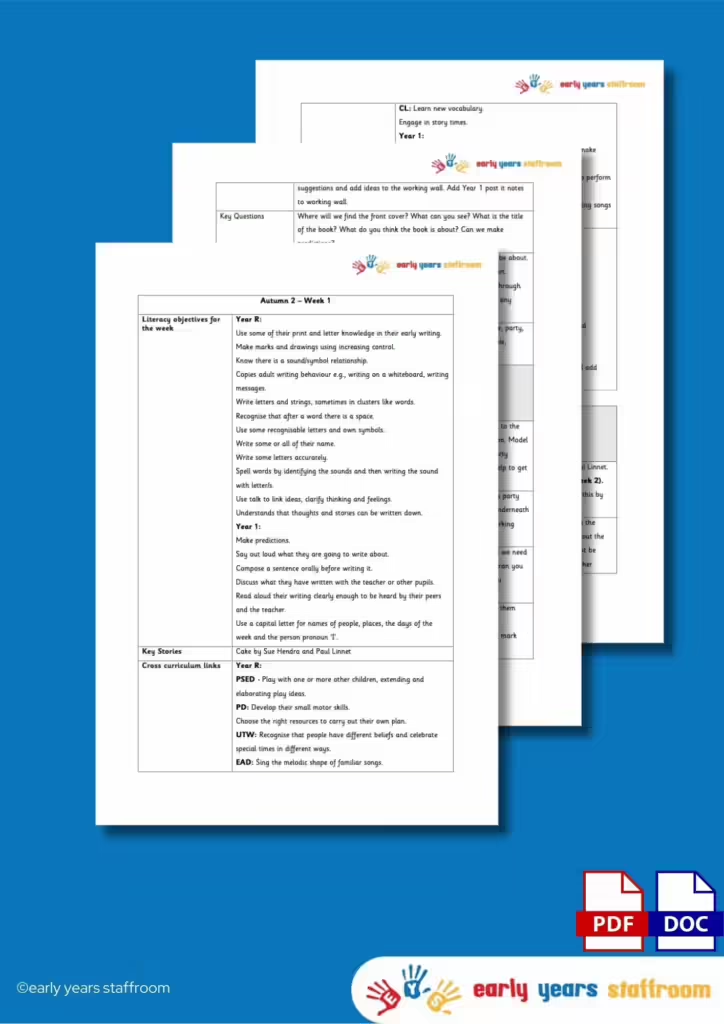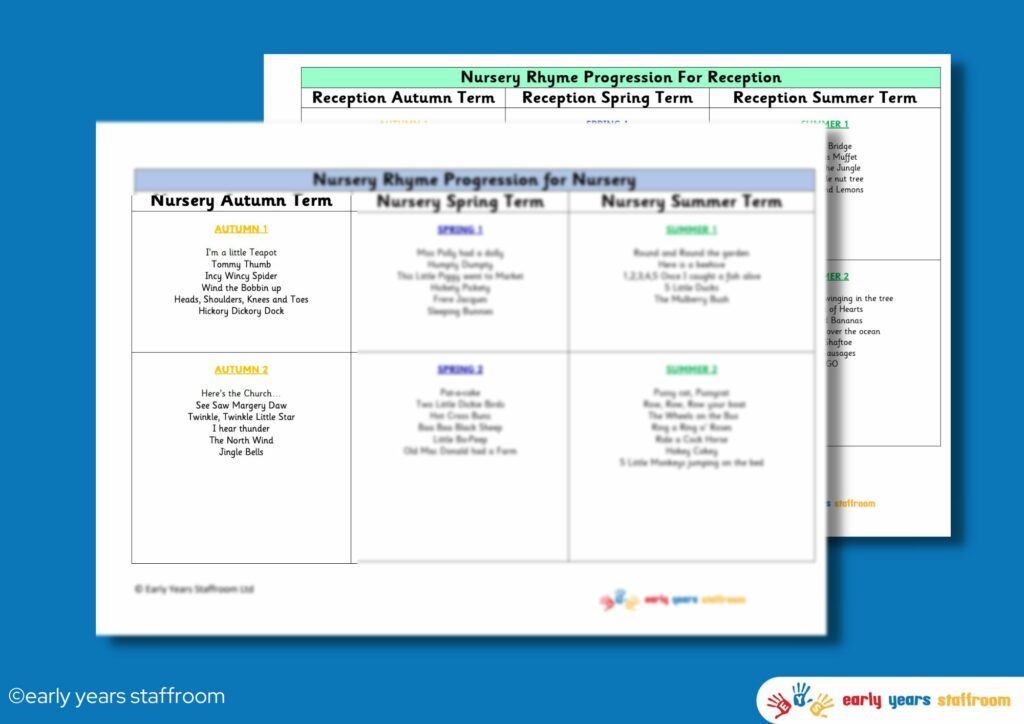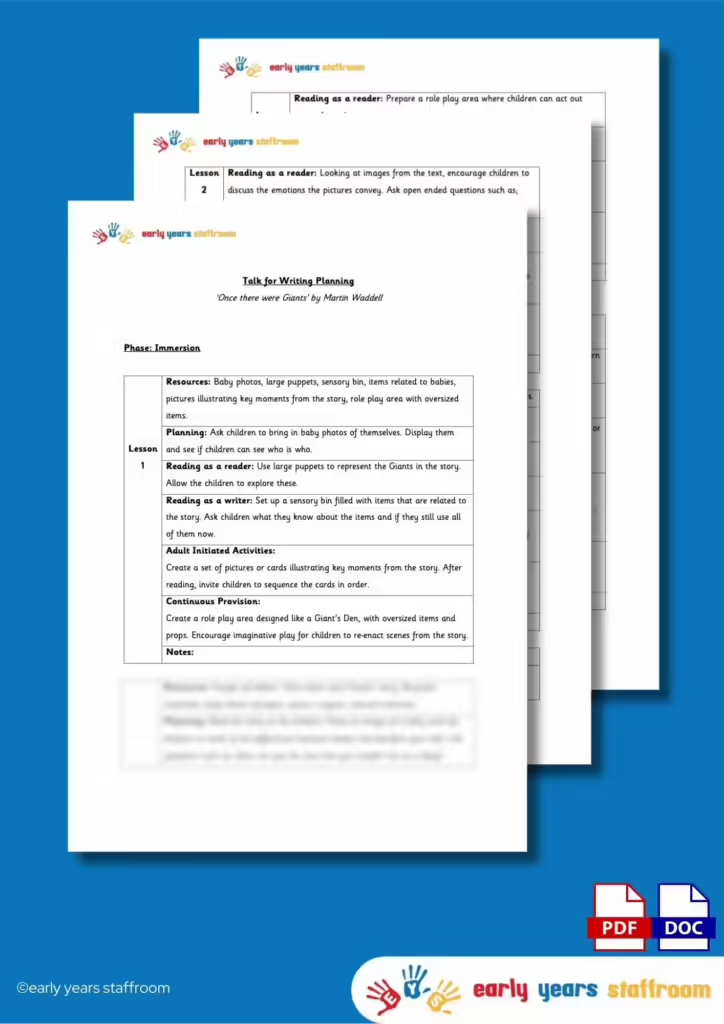Story Mapping Planning for Super Duper You by Sophy Henn

tory Mapping Talk for Writing Planning for Super Duper You by Sophy Henn
This is detailed planning for story mapping, this can be used with any story. We have many hand drawn story maps to use alongside this planning.
This planning helps with the following:
Language Development: In the early years, developing language skills is crucial. Story mapping encourages children to use and understand spoken language, which forms the foundation for later writing skills. By talking about stories and texts, children expand their vocabulary and learn sentence structures.
Engagement and Enjoyment: This approach often involves storytelling, drama, and interactive activities, making learning fun and engaging for young children. When children are engaged and enjoying themselves, they are more likely to participate actively and retain information.
Structure and Routine: Story mapping provides a clear structure for both teachers and students. The process of imitation, innovation, and independent application helps children understand the stages of writing. This routine builds their confidence and gives them a sense of security in their learning.
Creativity and Expression: Once children are familiar with a story, they can innovate by changing characters, settings, or events. This fosters creativity and allows them to express their ideas within a familiar framework, making the leap to writing less intimidating.
Supports Diverse Learners: Story mapping is adaptable and can be tailored to suit the needs of all children, including those with special educational needs or English as an additional language. Visual aids, gestures, and repeated oral practice make the approach accessible to all learners.
Builds Writing Confidence: By starting with speaking and then moving to writing, children build confidence in their ability to create stories. They see that they can tell a story out loud before they write it down, which helps them overcome the fear of the blank page.
Parental Involvement: This approach often encourages children to share stories and writing activities with their families, fostering a home-school connection and encouraging parental involvement in their child’s literacy development.
Developing Listening and Attention Skills: Story mapping activities require children to listen carefully and follow instructions, which helps develop their listening and attention skills—key components of effective learning.
Cultural and Social Understanding: Through stories, children learn about different cultures, values, and social norms, promoting social understanding and empathy.
Overall, story mapping supports the holistic development of early literacy skills, making it an excellent approach for reception classes.
Reviews
- Reviews
- Questions
Thank you for submitting a review!
Your input is very much appreciated. Share it with your friends so they can enjoy it too!
Beautiful
These are beautifully made and really useful for extending my more able.
Amazing
This training was fantastic. Really made me think and reflect on ways to improve. Just brilliantly honest and straight to the point.
Phonics Phase 1 planning
This is great we have printed it out and we use daily for the Nursery children for a short Phonics activity. It has saved me loads of time and is really well thought out and each activity is clearly explained so the staff know what to do. Each time they teach Phonics they are becoming more confident with presenting.
Great Help
This is so helpful to give to parents. A great help. Thanks
Wow wow wow
This is so amazing thank you so much for making plans appropriate for Early Years!
Great understanding of phonics
Very please with my purchase, brilliant phonics activities.
Sample
Hi I am interested in purchasing just this resource, however, I cannot read the sample page very well. Is it possible to see a clearer picture of the sample page to help me determine whether I want to purchase a membership?
A Great Help - Thanks.
Really helpful planning - good ideas.
Helpful Phonics
Great Book, really helpful phonics planning. Would definitely recommend when teaching phonics to children.
Phonics 1 book
Highly recommend this informative phonics book. Everything you need to know about phase 1 and explained in good detail.
Share
Not quite what you were looking for? Search by keyword to find the right resource, or please email us to request a resource at admin@earlyyearsstaffroom.com.












